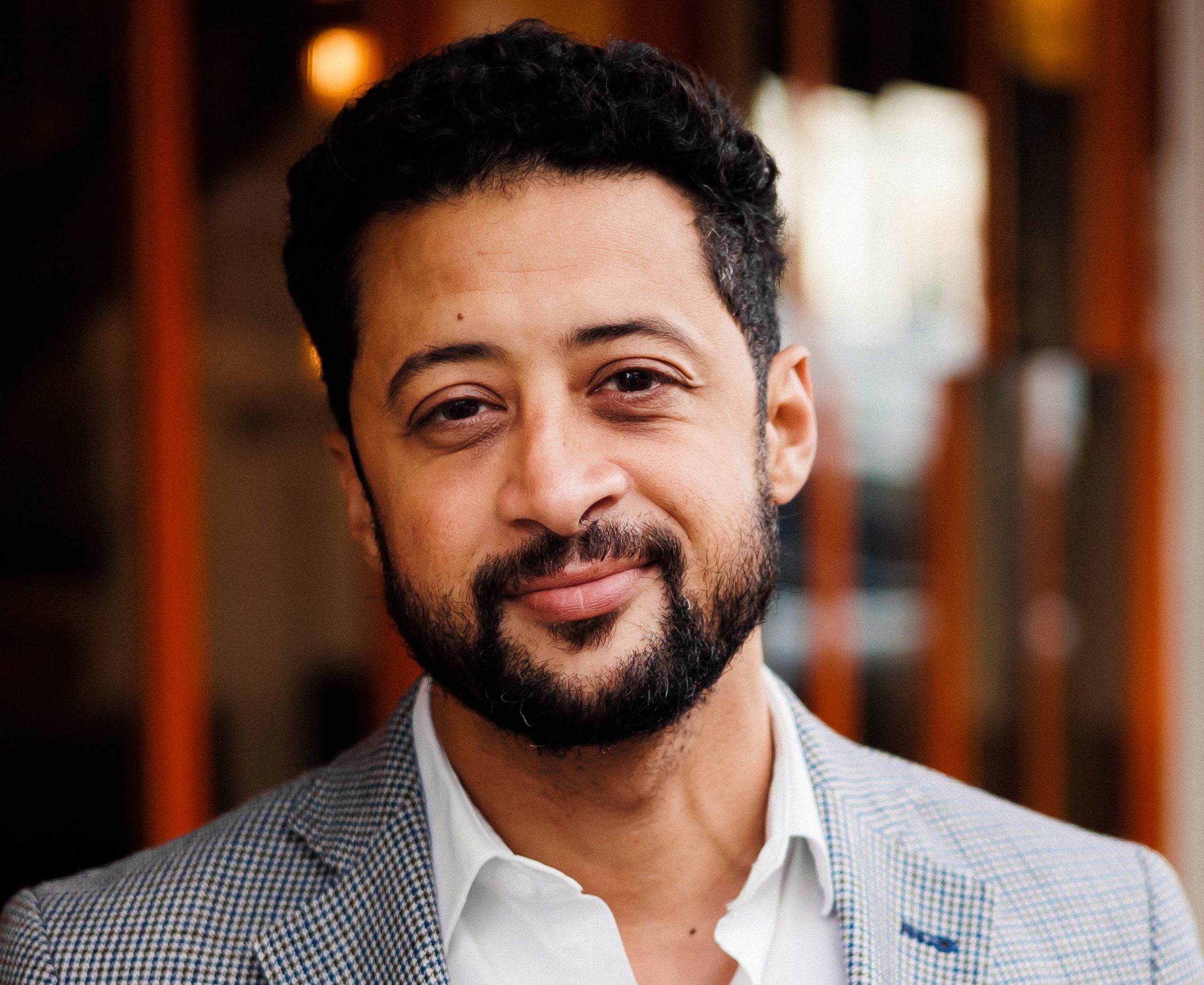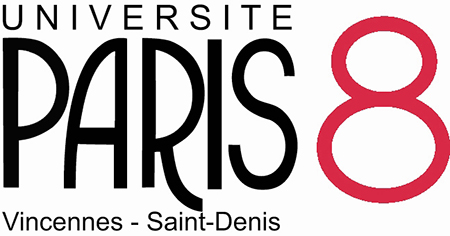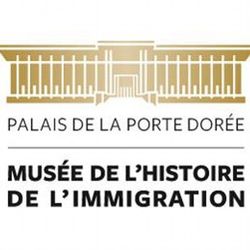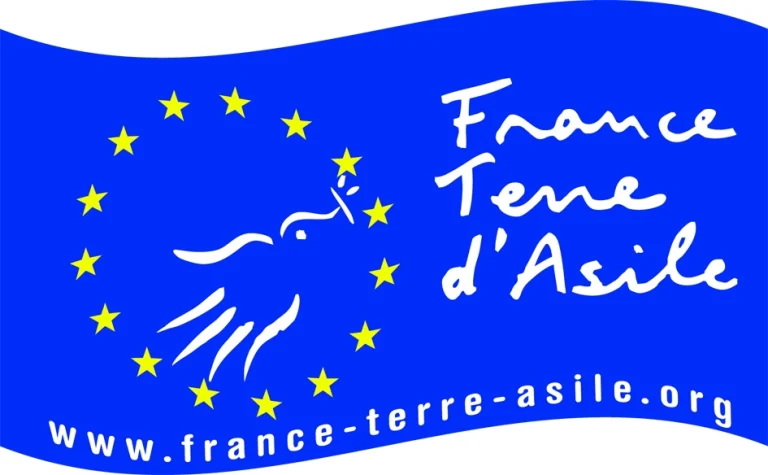Walid Hajar Rachedi
Writer and Publisher
Mid February - Mid April 2025

- Literature
- Atlanta
“In this moment of crisis, or even shock, which challenges my beliefs about Western democracies, I would like to examine what remains of the American Dream.”
For a long time, I thought writing was something reserved for others, that being a writer wasn’t a real profession. Because I grew up in a working-class environment, working was primarily about having a diploma and earning money. Being the child of Algerian immigrants, French culture—the classical culture, I mean—seemed to belong to someone else. Yet, I’ve always had stories in my head, and I’ve always been fascinated by those who can tell them. I have a particular admiration for great novelists, but my influences come from both literature and cinema or rap. I enjoy crossing borders, which is why I speak five languages and have visited around sixty countries. I like to think against myself and understand how others think and perceive the world. That is the greatest gift I can receive. I have sought out other utopias, particularly in the United States and Brazil, where I have lived and continue to visit regularly. Perhaps that’s why I created an online media platform that gives a voice to journalists, authors, and podcast producers from around the world. I enjoy working with people from various creative fields. I love undertaking projects and seeing them come to fruition. In my novels, themes of identity, sociocultural dynamics, geopolitics, and spirituality hold significant importance, but what I primarily question is the meaning of existence: our place in the world and what we wish to pass on. We are merely passing through.
Walid Hajar Rachedi was born in France in 1981 and spent several years in Latin America and the US. His debut novel Qu’est-ce que j’irais faire au paradis? was a finalist for the Goncourt Prize for a debut novel in 2022, and his second novel, Nos destins sont liés, was published in September, 2023.
He is also the co-founder and director of Frictions, an online media platform, widely renowned for its podcast series, which investigate global social issues in a long-form narrative style.
The United States has always held a special place in my imagination. As a child, I spent countless hours watching films and series that depicted a fascinating country where the universe seemed to conspire in favor of outsiders—a narrative that was all the more accessible because it mirrored the life lessons I received from my Algerian immigrant parents: Mektoub and “manifest destiny,” are they not one and the same?
Without the American Dream, I might never have dared to travel to the other side of the world, to leave a comfortable professional situation to become a writer, or to believe that even the most tragic stories could have a happy ending.
So, on November 4, 2008, when Barack Obama was elected President of the United States, watching on a giant screen in the streets of Harlem, I was deeply moved when he said: “If there is anyone who still doubts that America is a place where all things are possible, who still wonders if the dream of our founders is alive, tonight is your answer.”
Fifteen years later, both the United States and France are questioning their identities and foundational myths: on both sides of the Atlantic, newcomers, refugees, economic migrants, and even dual nationals are seen as an existential threat by a large portion of the population.
In this moment of crisis, or even shock, which challenges my beliefs about Western democracies, I would like to explore what remains of the American Dream: among African Americans, whose history is emblematic of this outsider quest, and among new arrivals or young first-generation individuals, born into a less self-assured America with a less clear “manifest destiny” than the one of my youth.
An investigation to seek new keys to understanding, perhaps even reconciliation, for our plural societies. The contours of a new dream, perhaps?
Since the 1970s, Atlanta has been widely regarded as the “Black Mecca” of the United States. It is the city where the African American middle class is the largest in the country and has the greatest opportunities for success. It represents the American Dream of Dr. Martin Luther King, Atlanta’s emblem, finally realized.
On the flip side, it is also a city where the poorest segment of the population is Black and lives on the fringes of this social and economic success.
Thus, it is an ideal place to examine the meaning of the American Dream for African Americans, as well as for more recent arrivals, since the “coolest” city in the South is increasingly attractive to both people from other states and migrants—Georgia is regularly ranked among the ten most welcoming states in the U.S., receiving about 2,500 to 3,500 refugees each year.
This investigation is all the more compelling as it explores the integration process in a city where the cultural heart is not driven by the white majority.
In a city with a fragmented geography like Atlanta, the relationship between margin and center, both metaphorically and spatially, is also an interesting aspect to explore. Additionally, on a literary level, Atlanta evokes the figure of writer and sociologist W.E.B. Du Bois, whose writings on the American condition have helped me, indirectly, to better understand French fractures.
In partnership with

Paris-VIII-Vincennes-Saint-Denis

Musée National de l’histoire de l’immigration

France terre d’asile


